Click here to see the online version.
| Training on Digital Image Processing Fundamentals Concept & Techniques in MATLAB Solutions 4U Training Center @ Puchong , Malaysia |
|||||
 |
 |
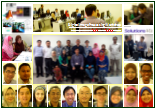 |
|||
Digital image processing is the use of computer algorithms to perform image processing on digital images. Digital image processing has the same advantages over analog image processing as it allows a much wider range of algorithms to be applied to the input data, and can avoid problems such as the build-up of noise and signal distortion during processing. Image processing operations can be roughly divided into three major categories, Image Compression, Image
Enhancement and Restoration, and Measurement
Extraction. Image compression is familiar to most
people. It involves reducing the amount of memory needed to store a digital image.
Image defects which could be caused by the digitization process or by faults in the imaging set-up (for example, bad lighting) can be corrected using Image
Enhancement techniques. Once the image is in good condition, the Measurement Extraction operations can be used to obtain useful information from the image. |
Course Objectives Course Benefits All mainstream topics to be covered include: image fundamentals, image enhancement in the spatial and frequency domains restoration, 2-D Fourier
transforms, linear and nonlinear filtering,
morphological operations, noise removal, image
de-blurring, edge detection, transformation and
compression. It also introduces different methods used to extract features and objects within an image. The material will be illustrated with numerous examples of practical significance. |
Course Outline
Fundamental of Images Processing
• Exploring image types (Binary image,
Intensity image, Indexed image, RGB
image)
• Importing and exporting images
• Displaying the image ( Single image,
Multiple image frames)
• Finding image pixel values
• Calculating image statistics
• Converting image between Data Classes
and Image Types
Acquiring and processing Images
• Connecting the hardware
• Retrieving hardware information
• Creating a video input object
• Configuring the video input object
• Previewing the video stream
• Acquiring the image data
• Viewing the acquired image
Intensity transformation and mathematical Techniques
• Histogram processing (Stretching.
equalization, Statistic adjustment)
• Arithmetic operation to enhance images
– Addition - increase brightness
– Multiplication - increase sharpness
– Subtraction - detect change
– Division - detect change
• Correcting image alignment: rotating
• Cropping and resizing images
Filtering Images
• Processing an image as blocks
– Block processing definition
– Distinct block operations
– Sliding neighborhood operations
• Performing image convolution & correlation
• Designing and implementing spatial
domain filters
– Smoothing and Sharpening
• Design and implementing frequency
domain filters
– High-pass, Low-pass, Band-pass
– Ideal, Butterworth, Gaussian
• Processing the region of interest
Image Restoration and Reconstruction
• Reducing noise from images
– Noise Modeling
– Restoration in Presence of Noise
– Periodic Noise Reduction
by Frequency Domain Filtering
• De-blurring images
• Correcting background illumination
Image Segmentation
• Thresholding
• Point, Line and Edge Detection
(Radon transform)
• Performing morphological segmentation
• Applying Region-based image segmentation
Practical and application specific exercises, and case studies
Who Should Attend
Researchers, Lecturers, Scientists, Engineers and
Managers that would want to use or plan to use image processing, and to learn the fundamental knowledge in image processing with illustration using MATLAB.
Sign Up Now!
Venue: Solutions 4U Training Center @ Puchong
10 % Early Registration Discount (Before 07 DEC 2020)
10 % Group Discount for 3 pax or more.
Other upcoming courses to enrich and enhance your technical computing capability and data anaysls skill-set, Just click onto the Title to find out more details.
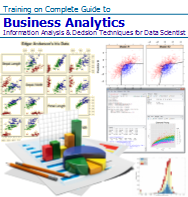 |
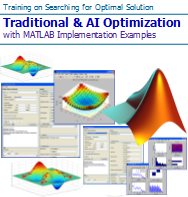 |
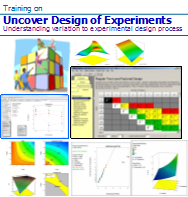 |
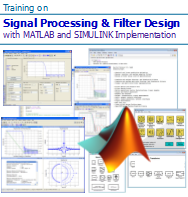 |
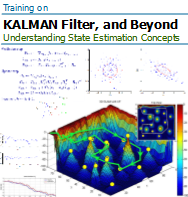 |
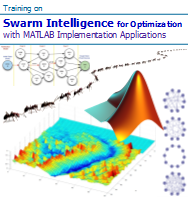 |
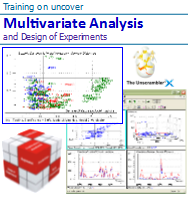 |
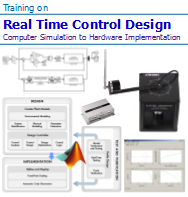 |
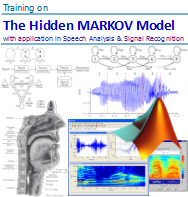 |
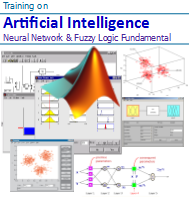 |
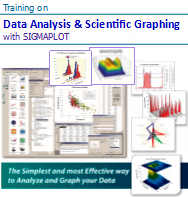 |
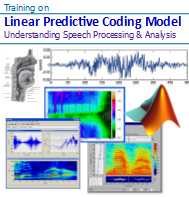 |
For more information, please contact us at enquiry@solutions4u-asia.com
The updates of our training program are sent to you, as we think that they might be of interest and benefit you. Please help to forward to others who may be interested. However, you may unsubscribe if you do not wish to receive further mailing from us. Thank you.